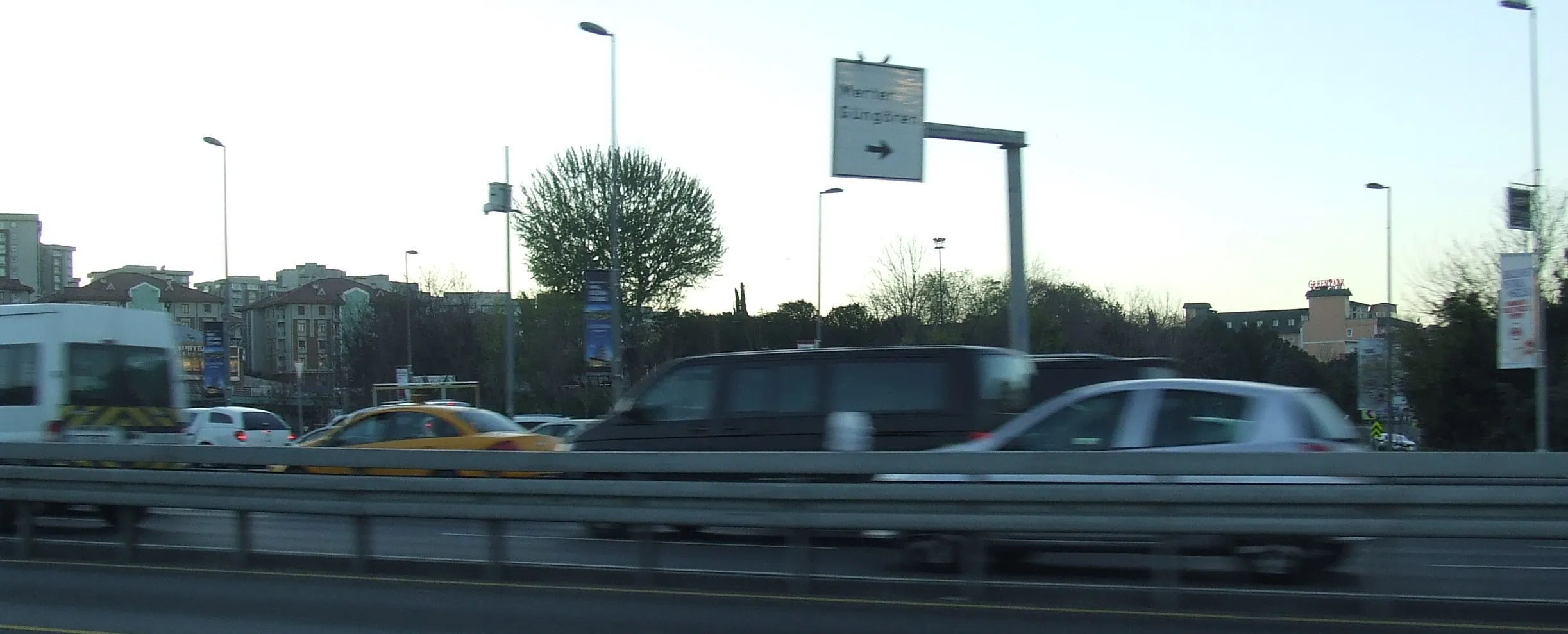Better use of peak-time lanes is said to be among the reasons why motorway congestion in the Netherlands fell by 5.6% in the first four months of 2013. Dutch Infrastructure Minister Melanie Schultz van Haegen said that the reduction in congestion is also partly due to a 0.5% decrease in distance travelled, as well as the targeting of known congestion zones. However, another European country, Switzerland, has seen another increase in the amount of time spent in traffic jams in Switzerland in 2012. In 2012 19
June 13, 2013
Read time: 2 mins
Better use of peak-time lanes is said to be among the reasons why motorway congestion in the Netherlands fell by 5.6% in the first four months of 2013.
Dutch Infrastructure Minister Melanie Schultz van Haegen said that the reduction in congestion is also partly due to a 0.5% decrease in distance travelled, as well as the targeting of known congestion zones.
However, another European country, Switzerland, has seen another increase in the amount of time spent in traffic jams in Switzerland in 2012. In 2012 19,921 hours were spent in traffic jams in Switzerland, an increase of 4% year-on-year. This follows traffic jam increases of 34% in 2010 and 20% in 2011.
Zurich, Geneva, Lausanne and Basel are amongst the worst affected areas by traffic jams, as is the section of motorway where the A1 and A2 join. The Gothard tunnel's northern exit saw 168 days of traffic jams in 2013.
In total, 16,223 hours of traffic jams were due to too much traffic, while the second main cause was accidents. Roadworks were responsible for 31% fewer traffic jams than in 2011. There was also a drop in heavy goods vehicles, which travelled 1.51 billion kilometres - a drop of 1.6%.
The US$%1.5 billion (CHF 1.4bn) provided by the Swiss Government in 2010 to ease congestion has been used to enlarge six roads which are frequently subject to traffic jams. The Government announced in April 2013 that it planned to enlarge three other motorway sections at a cost of $1.07 billion (CHF 995mn). Other projects to alleviate congestion are being planned.
Dutch Infrastructure Minister Melanie Schultz van Haegen said that the reduction in congestion is also partly due to a 0.5% decrease in distance travelled, as well as the targeting of known congestion zones.
However, another European country, Switzerland, has seen another increase in the amount of time spent in traffic jams in Switzerland in 2012. In 2012 19,921 hours were spent in traffic jams in Switzerland, an increase of 4% year-on-year. This follows traffic jam increases of 34% in 2010 and 20% in 2011.
Zurich, Geneva, Lausanne and Basel are amongst the worst affected areas by traffic jams, as is the section of motorway where the A1 and A2 join. The Gothard tunnel's northern exit saw 168 days of traffic jams in 2013.
In total, 16,223 hours of traffic jams were due to too much traffic, while the second main cause was accidents. Roadworks were responsible for 31% fewer traffic jams than in 2011. There was also a drop in heavy goods vehicles, which travelled 1.51 billion kilometres - a drop of 1.6%.
The US$%1.5 billion (CHF 1.4bn) provided by the Swiss Government in 2010 to ease congestion has been used to enlarge six roads which are frequently subject to traffic jams. The Government announced in April 2013 that it planned to enlarge three other motorway sections at a cost of $1.07 billion (CHF 995mn). Other projects to alleviate congestion are being planned.








